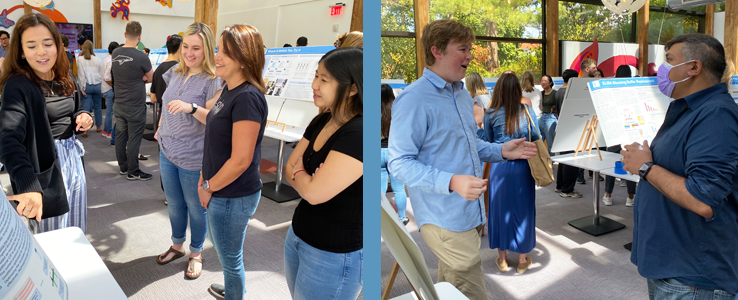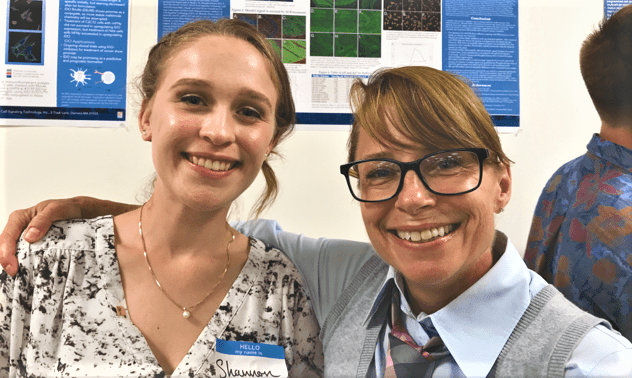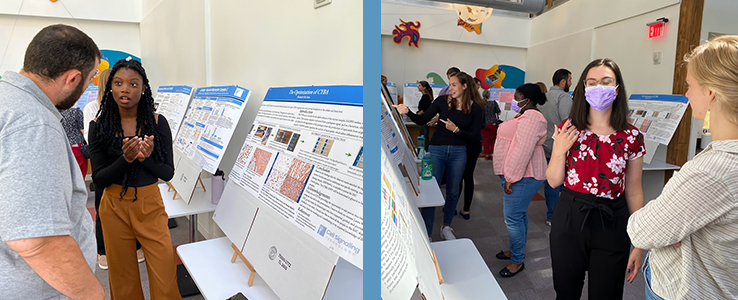Internship Program
Many of us have been lucky enough to be mentored by someone in our lives - and CST believes it's our responsibility to provide opportunities for hands-on internships to students considering careers in the life sciences.
One of our most successful community initiatives is our Summer Internship Program, which runs from late May through mid-August. By employing and training students from our surrounding communities and colleges, CST is able to provide many of our interns with hands-on experience at the bench, where they can perform experiments and learn valuable technical skills from our knowledgeable scientists.
Student interns are paired with CST mentors in multiple areas of scientific discovery and business, including our R&D, Production, Marketing, and Information Technology departments. All interns are assigned a hands-on project which they must complete by the end of the summer, and they present their results to CST employees at a poster day. Many of the student interns are invited to continue their internship for consecutive years. After completing their degrees, several interns have returned as full-time employees.
In 2018-19, we hosted 80 interns with a program investment of $375 K. Six of the interns have become full-time CST employees since finishing their degrees. The internship program was paused for 2020-21 for COVID safety but returned in 2022, hosting 30 interns.
Qualified candidates must be enrolled in a related college undergraduate program or be a rising senior in high school. Graduate students are not eligible for this program, although we encourage them to consider other employment opportunities at CST!
Applications will be accepted from December to January each year and should include a resume, recommendation letter, a copy of an unofficial transcript, and a 60-second video introducing yourself and why you would like to intern at CST.
To apply, please visit our Careers page during the application period. For more information, please contact internships@cellsignal.com.




